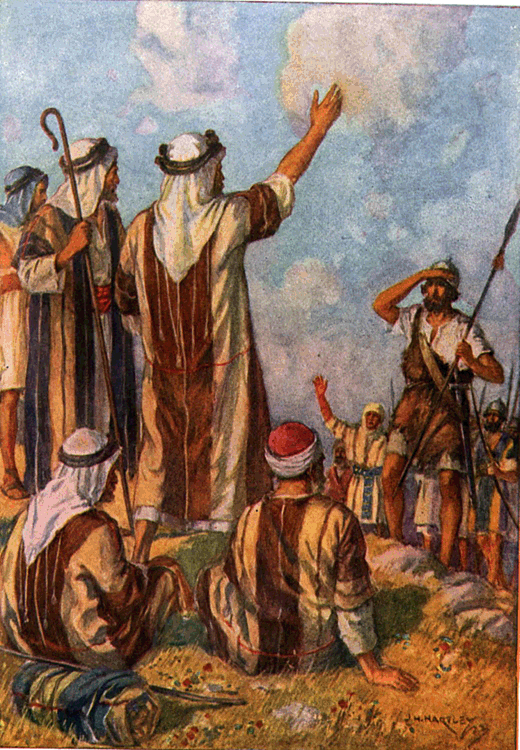Genesis 39:1, Down to Egypt…down there. There are more than twenty references in the Bible to “going down to Egypt,” coming “up from Egypt” or words to this gist. Egypt can be taken as a biblical metaphor for the secular world and all that is in it that is in opposition to YHVH’s paths of righteousness. Egypt represents the low spiritual way of following the world, flesh and the devil that is evil that leads to death and separation from Elohim, while the Promised land, and specifically Jerusalem, is a metaphor for the spiritual high place of truth, righteousness and godliness that leads to eternal life. This is why the Bible speaks of “going down to Egypt” and “going up to Jerusalem.”
Each person has only two choices in life on how they will conduct their lives. They must make a choice—they will make a choice purposely or inadvertently. They can choose the proverbial downward path or the highway to hell or the upward path or the highway to heaven. Everyone chooses one path or another, even if they are not aware of the conscious decision to do so. To not make a choice is, by default, to choose the downward path.
Most people are somewhere in the middle, which is a vast grey area. They neither choose one path or the other. They choose just enough of the upward path to alleviate their guilt, but not enough of it to radically change their lifestyles. They still want enough of the downward path to satiate the lust of the flesh, the lust of the eyes and pride of life.
So what did Yeshua have to say about those who choose this wide, well-traveled middle road?
I know your works, that you are neither cold nor hot. I could wish you were cold or hot. So then, because you are lukewarm, and neither cold nor hot, I will vomit you out of My mouth. (Rev 3:15–16)
To those who find themselves on this path, Yeshua is standing outside of the door of their spiritual house and saying,
Behold, I stand at the door and knock. If anyone hears My voice and opens the door, I will come in to him and dine with him, and he with Me. (Rev 3:20)
To those who respond positively to his invitation, he promises them a place in the Promised Land of his everlasting kingdom.
To him who overcomes I will grant to sit with Me on My throne, as I also overcame and sat down with My Father on His throne. (Rev 3:21)






